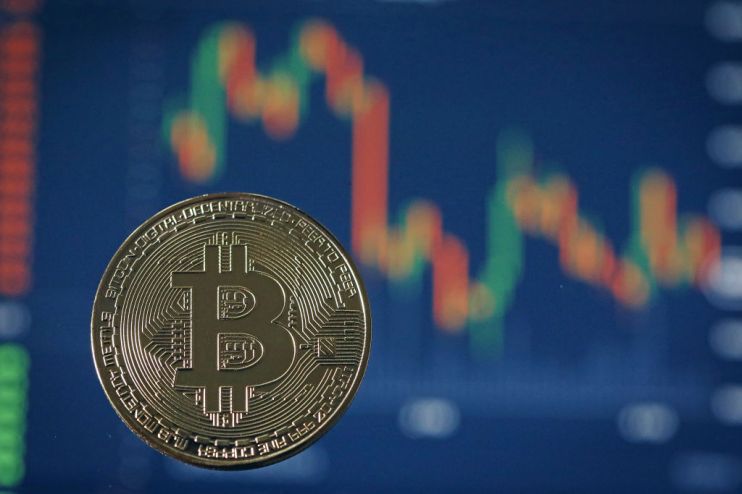Before the Bell: Europe set for a higher open after bitcoin tests $50k

Bitcoin continued to make new record highs over the weekend, edging close to the $50k level after last week’s surprise revelation that Tesla had taken the decision to plough $1.5bn into the cryptocurrency with a view to making it a means of payment.
Despite some widespread scepticism about the wisdom of such a move it would appear that last week’s move has prompted a sea-change in attitudes with more and more investors unwilling to stay on the sidelines, lest they miss out, commented Michael Hewson, chief market analyst at CMC Markets UK.
“The admission by Mastercard that it might allow its cardholders to transact in some cryptocurrencies has added to the frenzy, along with reports that Morgan Stanley Investment management might be looking at it as a possible investment asset. It would appear that the move higher in bitcoin is becoming the latest FOMO trade,” Hewson told City A.M. this morning.
Lacklustre week
A strong Friday session saw European markets close a fairly lacklustre week very much on the front foot, and ensured a second week of gains. US markets also continued their run of record highs, led by the Russell 2000, all setting new record closes, with the US small cap index, very much leading the outperformance.
Since the end of October, the Russell has seen gains of over 40 per cent, Hewson pointed out, on expectations of an economic rebound, fuelled by an additional $1.9 trillion US stimulus plan, on top of the $900bn that was approved in late December.
This morning the Nikkei225 marked a new milestone, nudging above the 30,000 level for the first time since 1990, in this Asia trading, with a number of markets still closed for lunar new year. Japan’s economy recorded a 12.4 per cent annualised rebound in Q4, a decline from the 22.7 per cent rebound seen in Q3.
The FTSE100, which has underperformed in recent weeks, also finished higher for the second week in succession, though it still remains well below its January peaks, unlike its peers elsewhere, as markets shrugged off Friday’s UK GDP data which showed that annual economic output saw its biggest decline since 1709, Hewson said.
“While the 1709 headline grabbed all of the attention it rather distracted from the fact that the UK economy appears to have avoided a double-dip recession, and more importantly, from an economic point of view, the UK’s vaccine rollout program is much further advanced than everyone else’s in Europe as the government, over the weekend, met its target of 15m people getting their first jab by 15 February,” he added.
Assuming “everything else goes according to plan” this opens up the prospect that the UK could see a slow easing of restrictions sooner rather than later, with the next update on measures, due a week today, Hewson noted.
“This raises the much-discussed prospect that we could well see an explosion of pent-up demand, as consumers ramp up their spending in a form of post lockdown boom, which could see up to £150bn unleashed of excess savings over the next few months, with a similarly robust rebound predicted in the US as well, as new stimulus payments trickle down into the US economy,” he continued.
Caught in two minds
Hewson observed that, over the course of the past few days, markets appear to be giving the impression of being caught in two minds between the risks surrounding a sharp rise in inflationary risks, reflected in a rise in higher long-term rates, in global bond markets, when set against increasing optimism around a summer easing of restrictions alongside a successful vaccine rollout plan.
US 10-year yields closed at their highest level since February last year at 1.21 per cent at the end of last week, while the spread between 10 year and 2-year yields rose to its widest level in four years, despite a raft of Fed speakers insisting that they are set to remain on hold until there is sufficient evidence that the US economy is back near full employment.
“Fed Chairman Jay Powell reiterated this very message in the strongest possible terms last week, saying that any inflationary spike was likely to be temporary in nature, with the real risk we could see a slip back towards deflation if the labour market recovery is slow,” Hewson concluded.
With US markets closed today, and the Nikkei225 setting a new milestone over 30k, European markets look set for a similarly positive start to the week, with the main focus likely to be on this weeks Fed minutes, which are due on Wednesday, and the latest UK inflation, retail sales and public finances data for January at the end of the week.